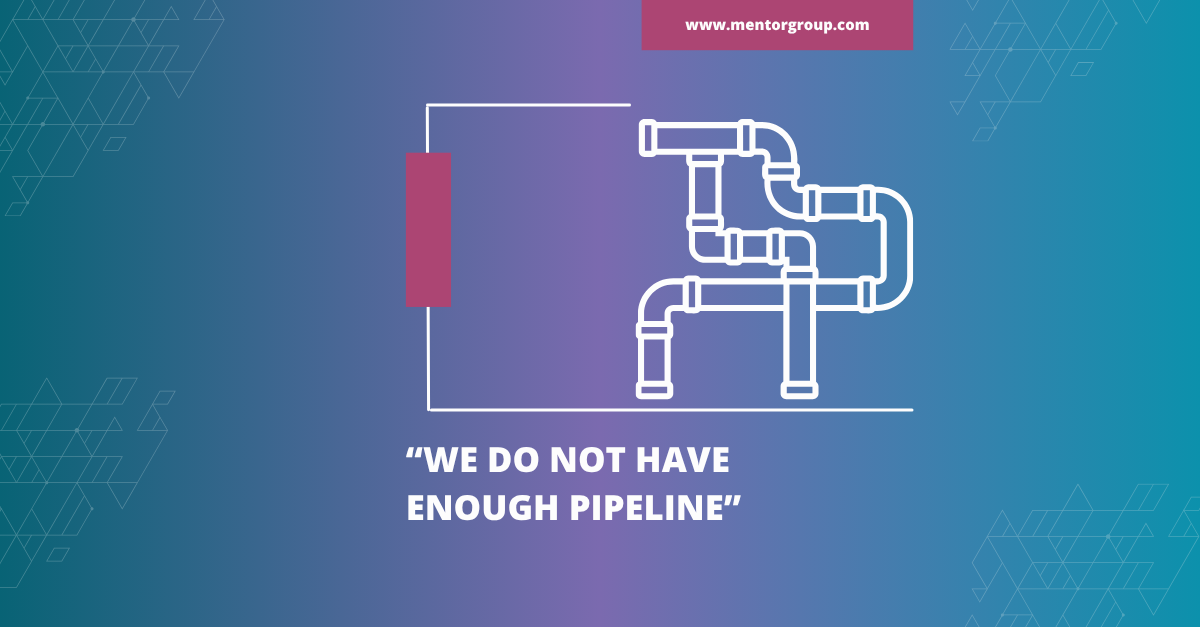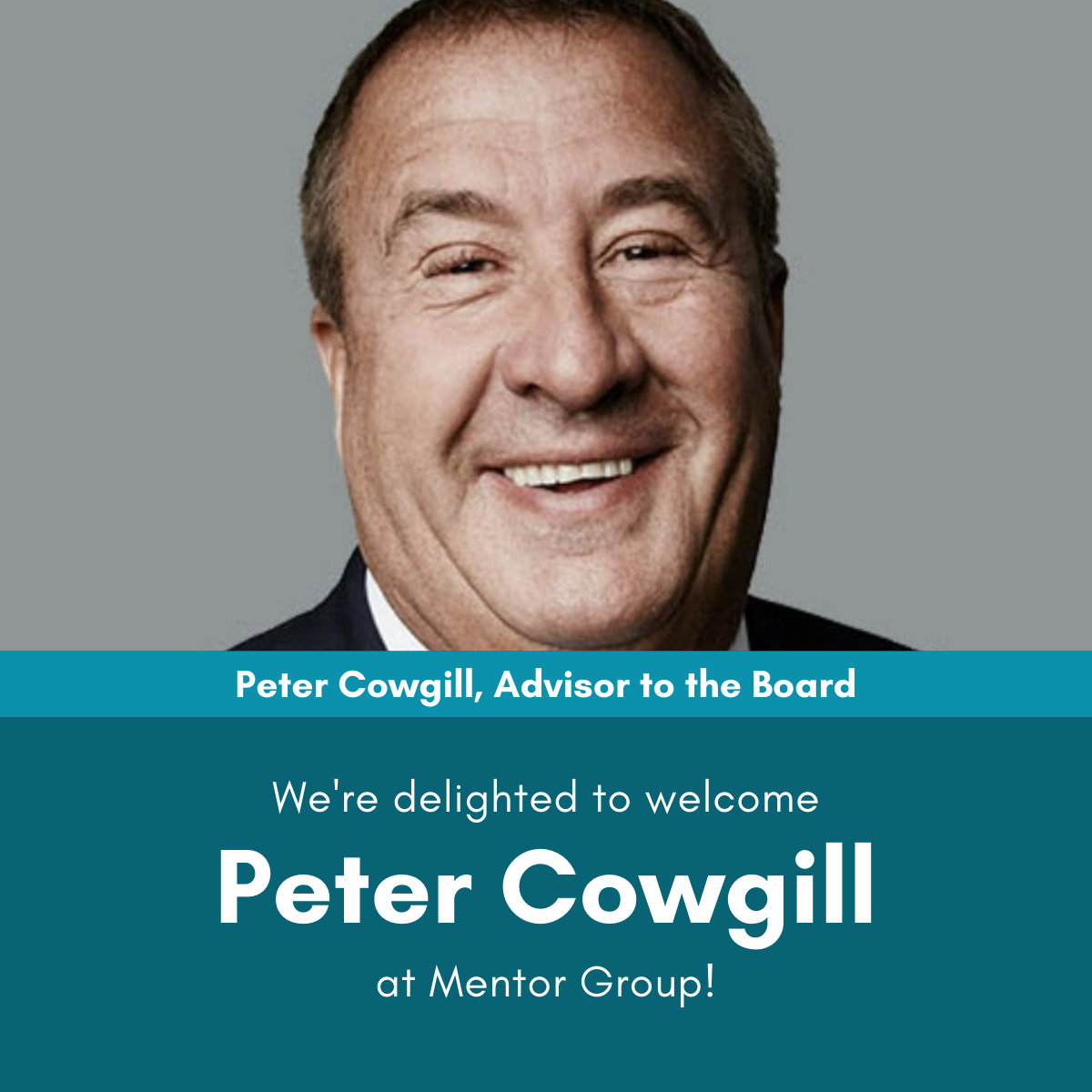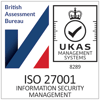There are many challenges facing sellers today, and one of the most pressing challenges if effective and efficient deal qualification.
Being able to qualify deals in your pipeline, and perhaps more importantly qualify them out of your pipeline if they're not progressing, is a critical skill for any seller - and whilst it can feel like fighting in the dark sometimes, it is genuinely a skill that you can develop.
Here are some simple but powerful steps to improve deal qualification and ultimately close more target accounts:
Define Ideal Customer Profile (ICP): Clearly define the characteristics of your ideal customer—industry, company size, budget, pain points, decision-makers, etc. This helps you to quickly identify if a prospect aligns with your target market.
Use a Qualification Framework: Adopt a qualification framework like BANT (Budget, Authority, Need, and Timing), CHAMP (Challenges, Authority, Money, and Prioritisation), MEDDIC (Metrics, Economic Buyer, Decision Criteria, Decision Process, Identify Pain, Champion), or INFINITE (Interest, Need, Friction, Intent, Navigate, Inspire, Training, Execute) to assess prospects systematically.
INFINITE is Mentor Group's brand new end-to-end selling process, methodology and ethos that transcends the traditional way of thinking to incorporate a true vision of Revenue Transformation. You can learn more about it on our website or by purchasing the Infinite Selling book on Amazon.
Identify Decision-Makers: Ensure you're speaking with the decision-makers or at least understand the decision-making process of the organisation. Knowing who has the final say is critical to effectively closing the deal.
Understand Customer Pain Points: Qualify deals by understanding the prospect's challenges and pain points. If your solution aligns with their core needs, the likelihood of closing the deal increases.
Assess Budget Availability: Confirm that the prospect has the budget for your solution. If the budget doesn’t align, it may not be a qualified deal, or it might require different positioning (e.g., highlighting ROI).
Evaluate the Purchase Timeline: Understanding when the prospect intends to purchase can help prioritise deals that are likely to close sooner and allocate resources accordingly.
Gauge Solution Fit: Assess how well your product or service fits the prospect's requirements. A good fit often leads to easier closes and better customer satisfaction.
Quantify the Value Proposition: Ensure that the prospect understands the value and ROI of your solution. Articulate clearly how your product or service can solve their problem or improve their situation.
Build Relationships with Champions: Identify and nurture champions within the target account who can advocate for your solution. These individuals can help navigate the deal through to close.
Analyse Competition: Know who your competitors are in the deal and how your offering compares. This can help in positioning your product/service more effectively.
Monitor Engagement Levels: Use engagement metrics, like email opens, website visits, and material downloads, to gauge a prospect's interest. Higher engagement can be a positive sign of deal quality.
Use Scoring Systems: Implement a lead scoring system that assigns value to leads based on their actions and how closely they match your ICP. This helps in prioritising efforts on the most promising deals.
Review Qualification Continuously: Qualification is not a one-time event. Revisit and re-qualify opportunities at various stages in the sales cycle to ensure that they are still worth pursuing.
Leverage Sales Intelligence Tools: Use sales intelligence and CRM tools to collect and analyse data on prospects for better qualification.
Communicate Value Consistently: Throughout the sales process, consistently reinforce the value proposition and differentiation of your solution to keep the deal moving forward.
Negotiate Win-Win Solutions: In the closing stages, work on crafting a deal that meets the needs of both parties. A well-negotiated deal has a higher chance of closing successfully.







